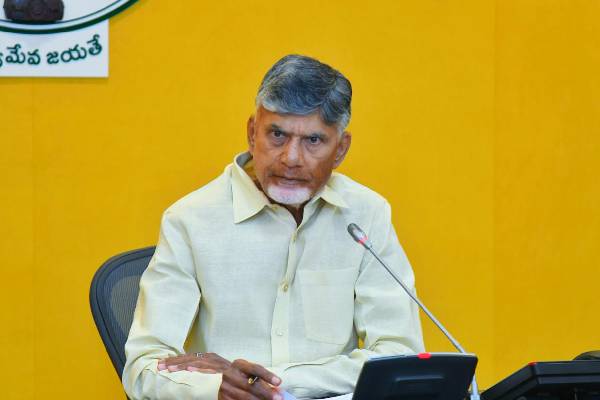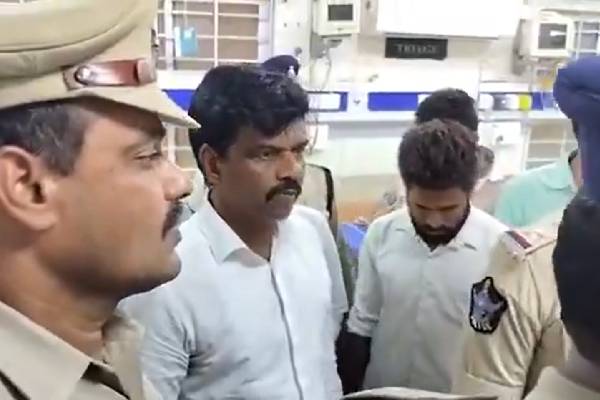After a 24 hour flight journey cramped in an economy seat, how would you react if you are asked to sort a binary tree or define an array.
Brace yourself to answer such questions posed by US Customs and Border Protection officers. Celestine Omin a 28-year-old software engineer had left his home in Lagos, Nigeria on a work trip to the United States for the first time. Omin had been working for a startup Andela that connects tech talent in Africa with employers in the US. He secured a short term joint B1/B2 visa to help create JavaScript application for NYC-based fintech startup First Access.
After being grilled about his job at the window, Omin was escorted to a small room. Later another officer questioned him in what Omin describes accusatory tone. The officer asked “Your visa says you are a software engineer. Is that correct?” When he acknowledged it was right, the officer asked him the following questions:
“Write a function to check if a Binary Search Tree is balanced.”
“What is an abstract class, and why do you need it?”
With no context or guidelines on how to answer the questions, Omin, sat down and tried his best only to be told that the answers were wrong. These questions can have multiple answers but the officer who seemed not so technically trained couldn’t understand. As the Nigerian was preparing to fly back home, with little explanation the official told him he was free to go.
However the official said, ‘Look, I am going to let you go, but you don’t look convincing to me” Omin just walked out silently.
It was later learned that U.S. Customs allowed him into the country after the officials contacted Andela and First Access to validate his story. Andela placed more than 100 developers were not aware of the new reality. Andela accepts less than one percent of applicants into its program and is backed by Facebook’s Mark Zuckerberg and Priscilla Chan.
Jeremy Johnson co-founder of Andela said, “We seek to play by the rules, but we can’t respond to rules that are ad hoc. We want to make sure that our team members around the world know what to prepare for and don’t get unnecessarily hassled for their work.”


































